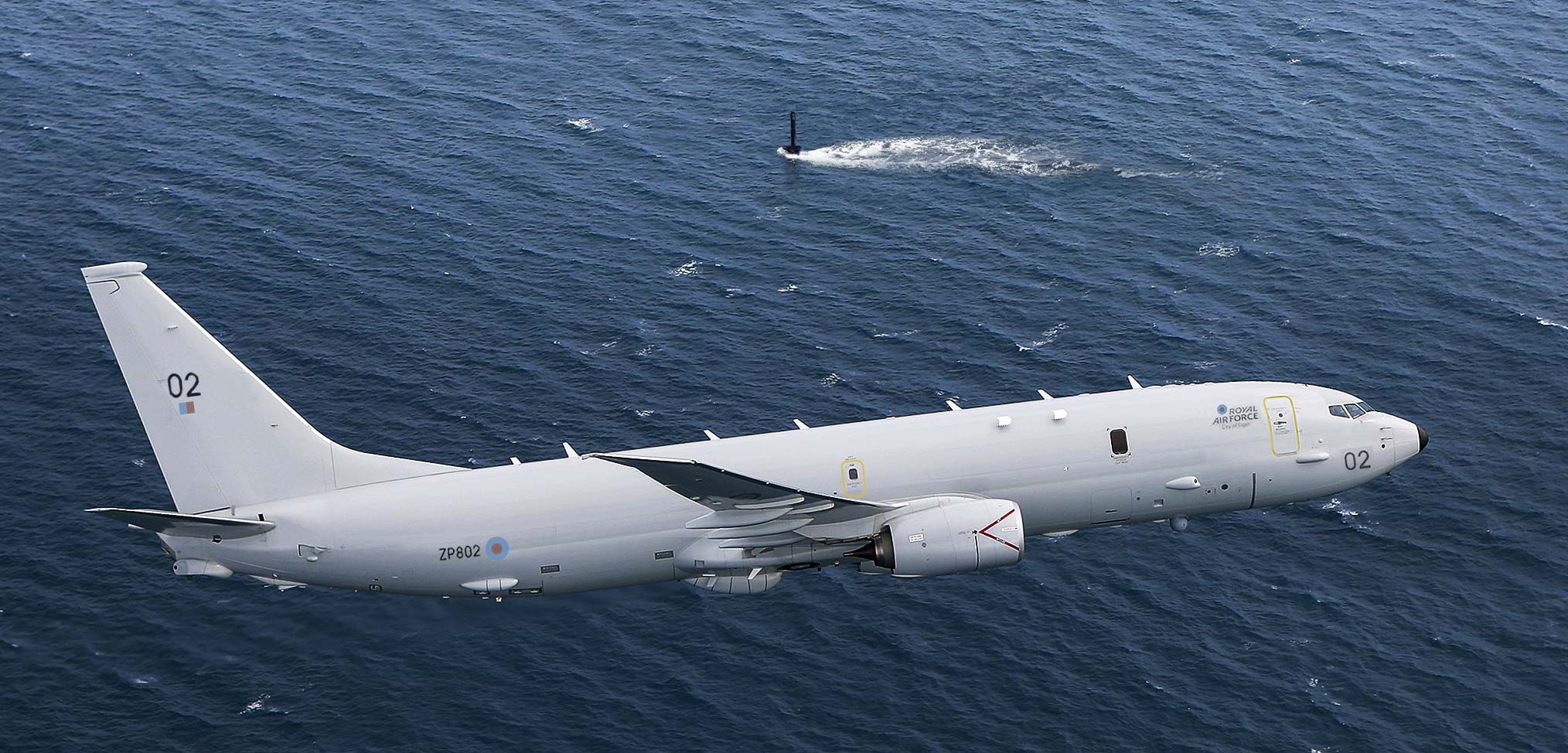 The partnership of Copernicus Technology Ltd and Aquila Learning Ltd provides the ALaRMS training management system for the Poseidon P-8A Maritime Patrol Aircraft at RAF Lossiemouth. This cutting-edge technology harnesses all requirements of Defence Systems Approach to Training (DSAT) through Analysis, Design, Delivery and Assurance, with the added benefit of linking the training system to the safety and risk systems. Following a rigorous qualification process led by the P-8 delivery team at Defence Equipment & Support (DE&S), ALaRMS is now available for P-8 staff on the Defence Intranet System MODNet, and can in future, be accessed by other Defence organisations that purchase licenses.
The partnership of Copernicus Technology Ltd and Aquila Learning Ltd provides the ALaRMS training management system for the Poseidon P-8A Maritime Patrol Aircraft at RAF Lossiemouth. This cutting-edge technology harnesses all requirements of Defence Systems Approach to Training (DSAT) through Analysis, Design, Delivery and Assurance, with the added benefit of linking the training system to the safety and risk systems. Following a rigorous qualification process led by the P-8 delivery team at Defence Equipment & Support (DE&S), ALaRMS is now available for P-8 staff on the Defence Intranet System MODNet, and can in future, be accessed by other Defence organisations that purchase licenses.
Mark Radbourne, the MD of Aquila Learning and the brains behind ALaRMS said: "Over the past 18 months we have seen the huge benefit that ALaRMS brings to Defence in the pursuit of optimised training management and assurance. The seamless link that ALaRMS provides from Analysis to Design to Delivery to Assurance, can now be fully exploited with MODNet connectivity. This digital link makes ALaRMS (and the training data it manages) available to multiple stakeholders for the first time, increasing efficiency, effectiveness and safety across the entire training pipeline of a capability, individual or team."
Mark Corden, who leads the DE&S P-8 Training effort said: "To have undergone the very challenging MODNet approval process under the pandemic circumstances is an enormous credit to teamwork of all parties from a myriad of Defence organisations and our commercial partners of Copernicus Technology and Aquila Learning. All those using ALaRMS on MODNet, with many working from home, are very impressed with how responsive it is, how intuitive the functionality is and, for such a complex platform as the P-8, how it enables disciplined co-ordination of a large number of training requirements".
 Copernicus Technology, , are now under a new contract, also supporting the P-8 Course Design Team in developing learning material in preparation for full P-8 training starting in the UK in the 2nd half of 2021. They are using the integrated analysis and design features of ALaRMS to facilitate this significant task.
Copernicus Technology, , are now under a new contract, also supporting the P-8 Course Design Team in developing learning material in preparation for full P-8 training starting in the UK in the 2nd half of 2021. They are using the integrated analysis and design features of ALaRMS to facilitate this significant task.
Our team at Copernicus Technology Ltd, based near RAF Lossiemouth, have had a busy time since May on a new contract supporting the P-8A Poseidon Course Design Team at RAF Lossiemouth developing the courseware for the future aircrew Operational Conversion Unit and Maintenance Training for Engineers. Roo Hornby, who leads the Copernicus team, said: ‘ALaRMS is playing an essential role in ensuring the design and assurance required to develop such a complex training programme. Furthermore, access via MODNet has allowed 90% of the work done so far to be done from home in a highly efficient and coherent fashion.’
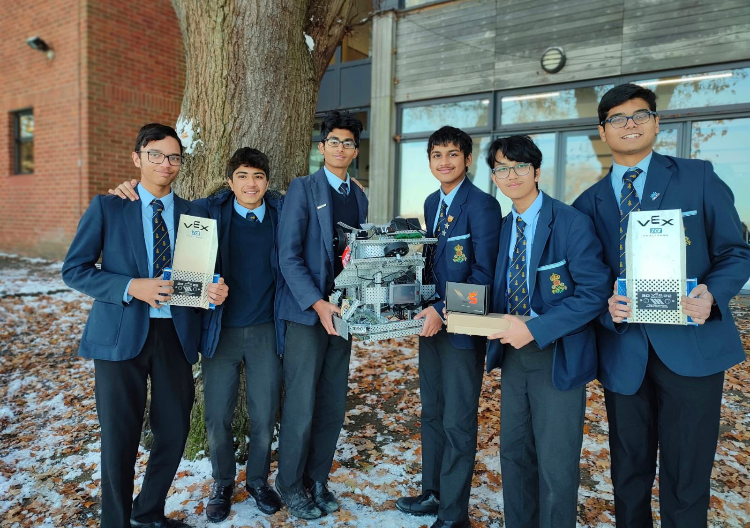 After their stirring success of winning the STEM Research award at the VEX V5 competition last year with CTL’s Sponsorship, Team Novo is back again but, this time with new allies, a new challenge and thus a brand-new robot.
After their stirring success of winning the STEM Research award at the VEX V5 competition last year with CTL’s Sponsorship, Team Novo is back again but, this time with new allies, a new challenge and thus a brand-new robot.
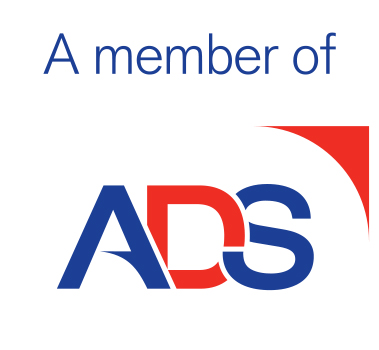
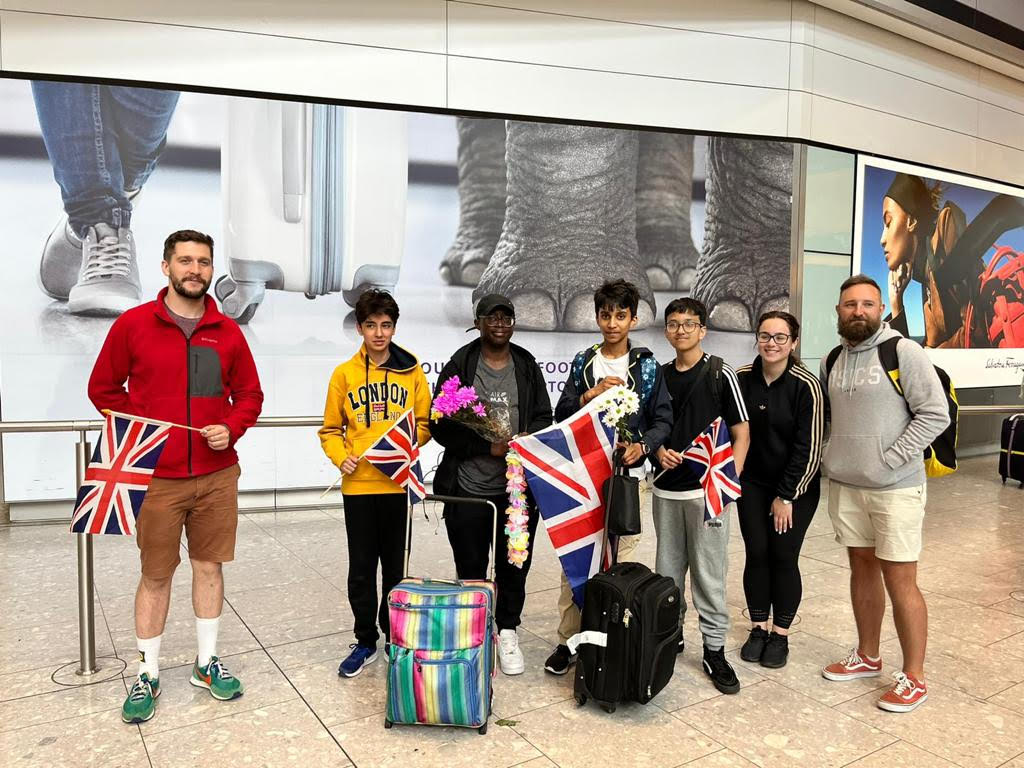 CTL are delighted to announce that the Queen Elizabeth School; Team Nova, Won the STEM Research Project award whilst competing at the VEX IQ World Championship earlier this month.
CTL are delighted to announce that the Queen Elizabeth School; Team Nova, Won the STEM Research Project award whilst competing at the VEX IQ World Championship earlier this month.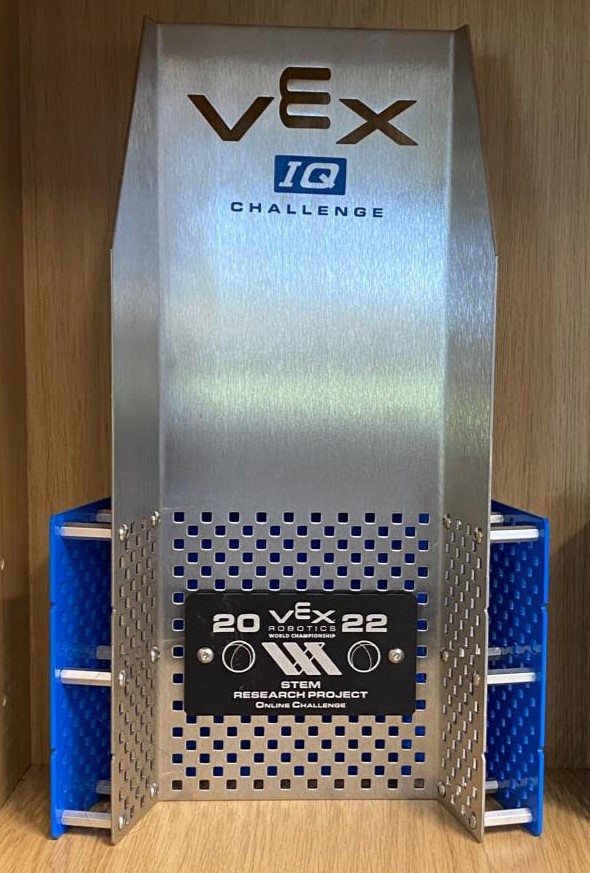 The Team consisting of 6 talented and hardworking young students flew out to Dallas Texas in order to take part in the VEX IQ Robotics Challenge, where 720 student teams from all over the world compete by engineering robots around a set challenge. This year’s challenge was ‘Pitching In’, and team Nova placed 4th in their division with their robot Andromeda. Whilst at the championships the team also received the coveted STEM Research Project award for their entry to the VEX Online challenge.
The Team consisting of 6 talented and hardworking young students flew out to Dallas Texas in order to take part in the VEX IQ Robotics Challenge, where 720 student teams from all over the world compete by engineering robots around a set challenge. This year’s challenge was ‘Pitching In’, and team Nova placed 4th in their division with their robot Andromeda. Whilst at the championships the team also received the coveted STEM Research Project award for their entry to the VEX Online challenge.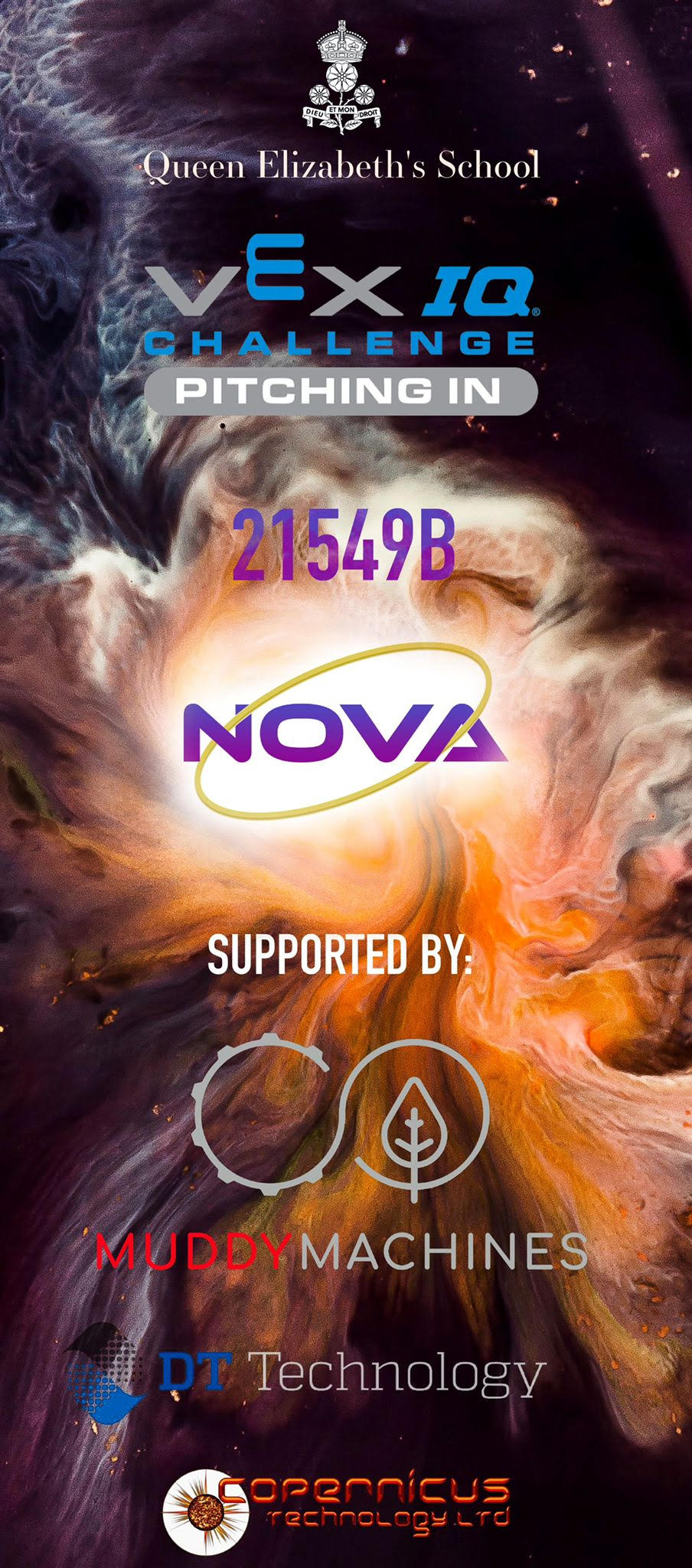 Team member Zak said “It was an inspiring experience being surrounded by so many enthusiastic people.” CTL sponsored the team earlier this year, to help pay for travel costs and parts for Andromeda. CTL is proud to support STEM projects and are elated at the group’s success of winning the STEM award.
Team member Zak said “It was an inspiring experience being surrounded by so many enthusiastic people.” CTL sponsored the team earlier this year, to help pay for travel costs and parts for Andromeda. CTL is proud to support STEM projects and are elated at the group’s success of winning the STEM award. The partnership of Copernicus Technology Ltd and Aquila Learning Ltd provides the
The partnership of Copernicus Technology Ltd and Aquila Learning Ltd provides the  Copernicus Technology, , are now under a new contract, also supporting the P-8 Course Design Team in developing learning material in preparation for full P-8 training starting in the UK in the 2nd half of 2021. They are using the integrated analysis and design features of ALaRMS to facilitate this significant task.
Copernicus Technology, , are now under a new contract, also supporting the P-8 Course Design Team in developing learning material in preparation for full P-8 training starting in the UK in the 2nd half of 2021. They are using the integrated analysis and design features of ALaRMS to facilitate this significant task.